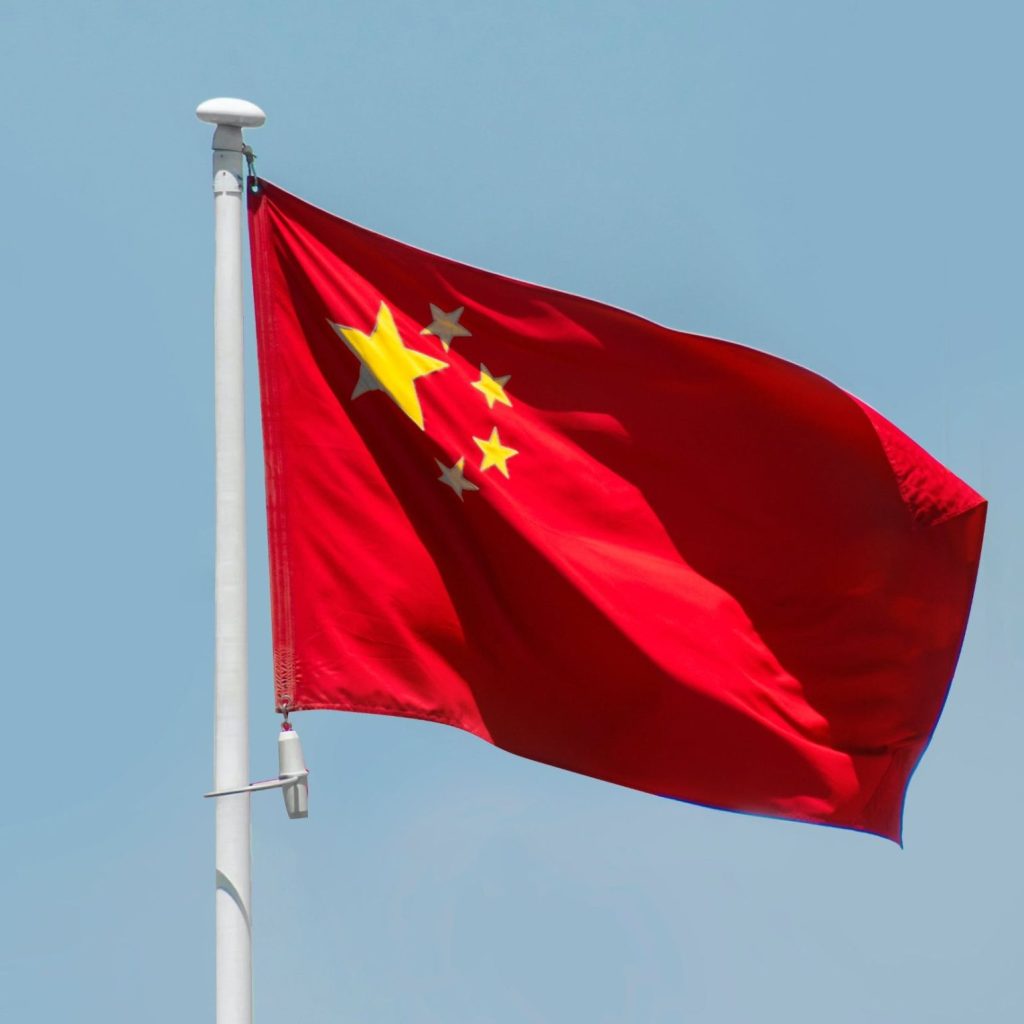China is advancing a state-driven campaign to dominate global artificial intelligence through an expanding network of domestic data centers and an emerging space-based computing architecture, according to a new report.
The report, titled “China's AI Infrastructure Surge,” was published by the Special Competitive Studies Project and Strider Technologies. It describes how Beijing is coordinating with local governments and the private sector to build over 250 AI-oriented data centers across the country, with efforts increasingly extending into orbit to support both civilian and military objectives.
“The PRC is executing a state-directed campaign to dominate global artificial intelligence,” the report states, calling AI central to China's broader goals of technological leadership and military modernization.
China's AI facilities are powered by high-performance processors and significant energy capacity, enabling the training and deployment of large-scale models. The government has structured the initiative to ensure integration across sectors, using AI to drive national strategic priorities, the authors said.
Beijing's ambitions have also turned skyward. The report notes that China is exploring satellite-based data centers capable of processing and analyzing information in space, reducing reliance on ground stations and enabling faster, autonomous decision-making. On May 14, Chinese startup ADA Space and Zhejiang Lab launched 12 satellites as part of a planned 2,800-unit AI supercomputing constellation interconnected via laser links.
“These investments are absolutely supporting those space efforts,” said Christopher Gragg, an analyst at Strider, during a Defense Writers Group briefing. He added that domestic AI data centers are being located near key industrial hubs, allowing for trials of remote infrastructure, including deep-sea data facilities.
The U.S. has attempted to blunt China's momentum by restricting access to advanced semiconductors, particularly those made by Nvidia, citing national security concerns. Both the Biden and Trump administrations have enacted export controls to limit China's ability to acquire the hardware and tools required for AI model training and chip manufacturing.
Yet analysts caution that these efforts may fall short. “The traditional economic toolkit that we have in the U.S. government is not fit to the current reality,” said Greg Levesque, CEO and co-founder of Strider Technologies. He emphasized the need for more sophisticated monitoring of technology flows and criticized over-reliance on export restrictions and entity lists.
The report also highlights a rise in Chinese recruitment of U.S.-based AI scientists, further intensifying the geopolitical competition for talent. Levesque noted that visa restrictions targeting Chinese students reflect outdated strategies and urged policymakers to develop more creative responses to the evolving nature of global tech competition.
“It's time to rethink our approach,” he said. “The scale and scope of China's infrastructure buildout show that we are in a long-term strategic competition that demands dynamic, intelligence-led responses.”
